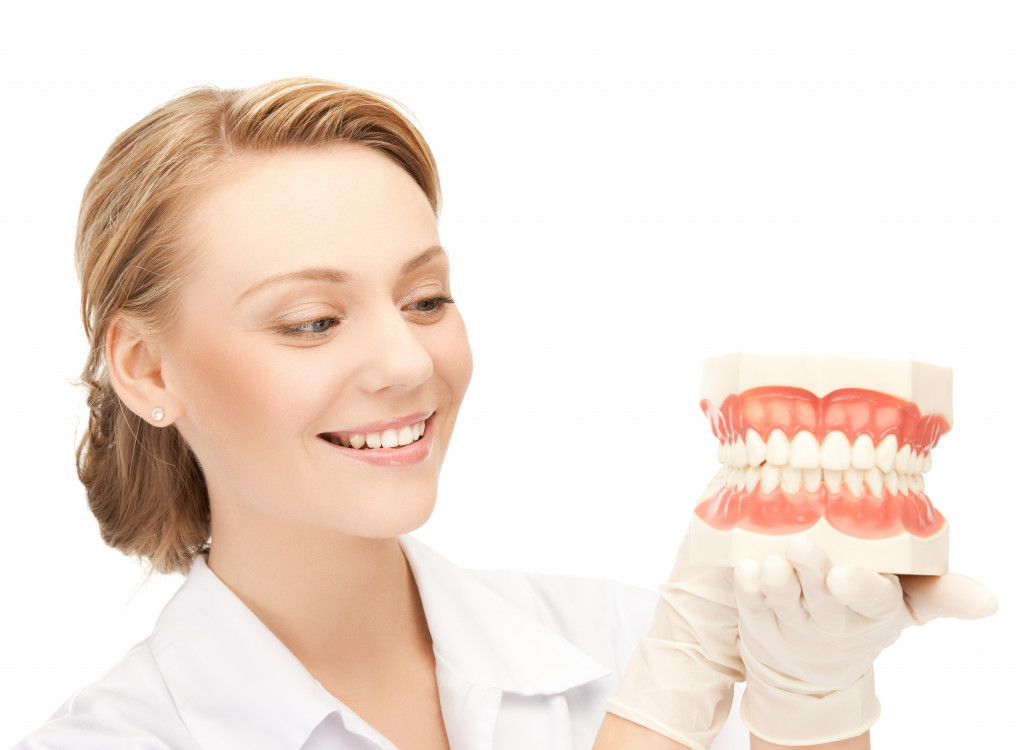- Replacing missing teeth can help restore the ability to speak clearly, chew properly, and protect the remaining teeth from shifting.
- Missing teeth can also lead to severe medical conditions like a heart attack or stroke if not replaced.
- Common options for replacing missing teeth include dental implants, fixed dental bridges, and removable partial dentures.
- It is essential to consult your dentist to determine the best option for you and ensure proper oral hygiene and maintenance.
Missing teeth can be a big problem, not just for your appearance but also for your oral health. Replacing them can restore your confidence, improve your speech and dietary habits, and promote the overall health of your mouth.
But when it comes to replacing missing teeth, there are several options to consider, and choosing the best one for you can be overwhelming. This blog post will explore some of the most common options for replacing missing teeth and help you make an informed decision.
Why You Should Consider Replacing Missing Teeth
Before discussing your different options for replacing missing teeth, it’s essential to understand why doing so is essential. Here are the reasons:
- Restore your ability to speak clearly and chew properly.
- Protect your remaining teeth from shifting.
- Correct jaw misalignment caused by missing teeth.
- Improve the overall aesthetics of your smile, boosting self-confidence and social opportunities.
The Impact of Tooth Loss on Your Health
Having missing teeth can also affect your overall health. Without replacing your missing teeth, you may be at risk for various severe oral health issues, like an increased risk of gum disease. When this happens, it can lead to more severe medical conditions like heart attack or stroke.
Jawbone loss is another serious concern. Without teeth in place to stimulate it, the jawbone can weaken and cause facial sagging, affecting your overall appearance.
Best Options for Replacing Missing Teeth
Now that you know why replacing your missing teeth is essential, let’s consider the options available.
Dental Implants

Dental implants closely mimic the appearance and function of natural teeth, providing a remarkably lifelike and seamless solution for tooth replacement. They are surgically implanted into the jawbone and serve as a foundation for a replacement tooth. The implant fuses with the bone over time and becomes a permanent part of your jaw. There are various kinds of dental implants, and some of them are:
Full-mouth Dental Implants
Restorative full-mouth dental implants are an excellent option for those who have lost their teeth. This procedure involves placing several implants in the jawbone, which are then connected to prosthetic teeth that look and feel like natural teeth.
Single Tooth Implants
Single-tooth implants are ideal for replacing one or two missing teeth. Also known as implant-supported crowns, single dental implants are secured in the jawbone and topped with a custom-made porcelain crown.
Implant-Supported Bridges
Implant-supported bridges are an excellent option for replacing two or more missing teeth. This procedure involves placing dental implants in the jawbone and connecting them to replacement teeth, such as a bridge or partial denture, which is then secured onto the implants.
Fixed Dental Bridge
A dental bridge is a prosthetic device that attaches to the surrounding teeth to fill the gap left by a missing tooth. The fixed bridge is the prevailing and widely used form of dental bridge. The bridge comprises an artificial tooth anchored to the surrounding teeth or implant-supported crowns. It is a more affordable and less invasive option to dental implants, yet it may require healthy surrounding teeth and a more extended healing process.
Dentures

Dentures are removable appliances used for replacing some or all teeth. They are available in two types: complete and partial dentures. Full dentures replace all teeth, and partial dentures replace several missing teeth.
With advanced technology and materials, dentures today can provide a more comfortable and natural look and feel. However, they may require frequent adjustments and natural changes to the fitting of your mouth as days pass, leading to discomfort.
Removable Partial Dentures
Removable partial dentures consist of artificial teeth and a plate that clips onto the surrounding natural teeth. Removable partial dentures have the advantage of being more affordable and less invasive than fixed bridges, but they also require regular cleaning and removal for maintenance.
Final Thoughts
Replacing missing teeth is essential for your oral health and quality of life. It is crucial to consult with your dentist to determine the best option for you. After speaking with your dentist, it is essential to remember that proper oral hygiene and maintenance play a vital role in the success and longevity of your tooth replacement.
With any replacement option – from dental implants, fixed dental bridges, dentures, and removable partial dentures– you can restore your smile, confidence, and quality of life with an outstanding opportunity to move through every step without any worries.
